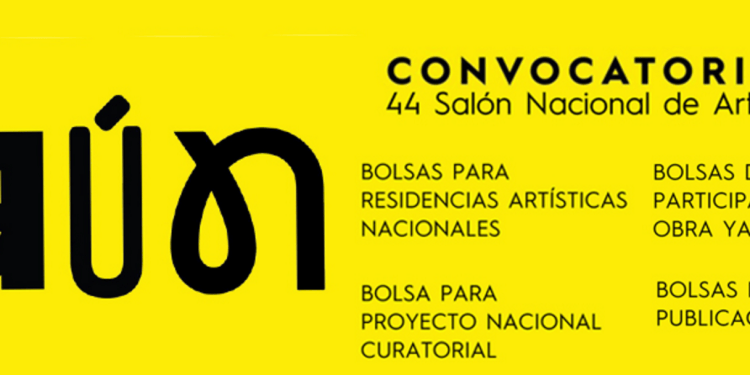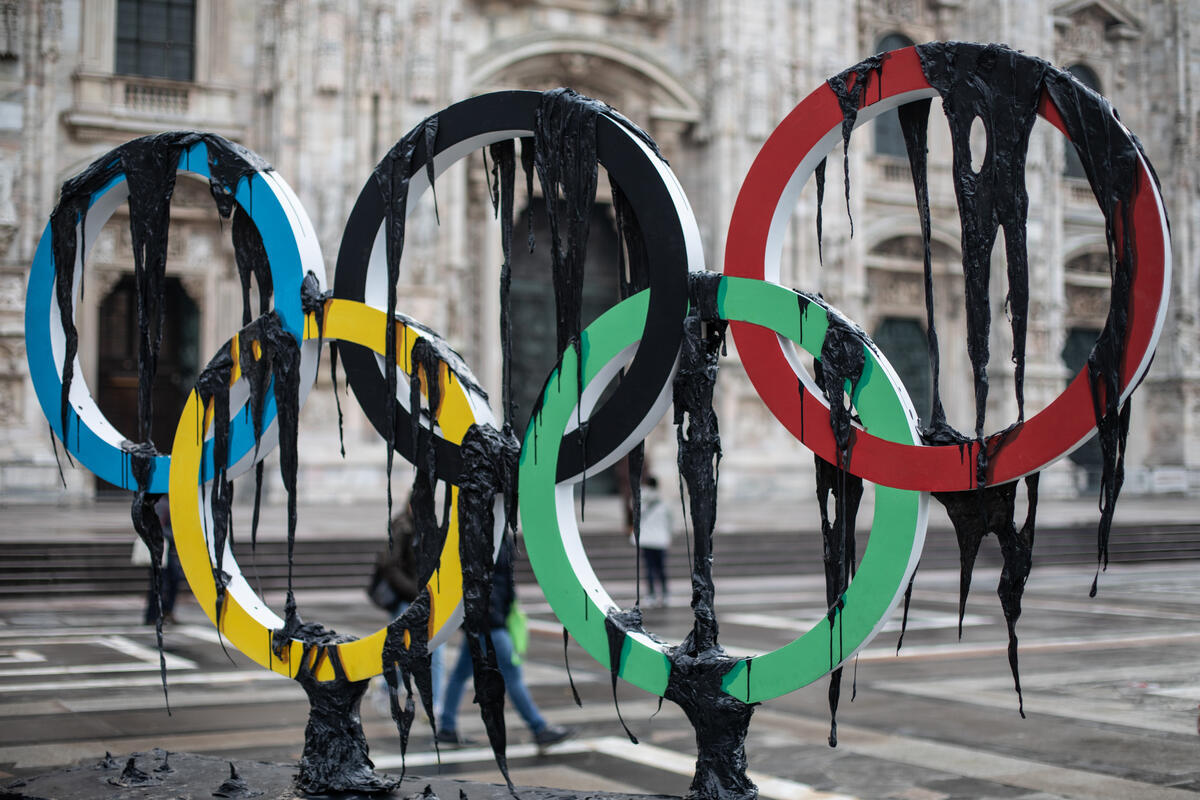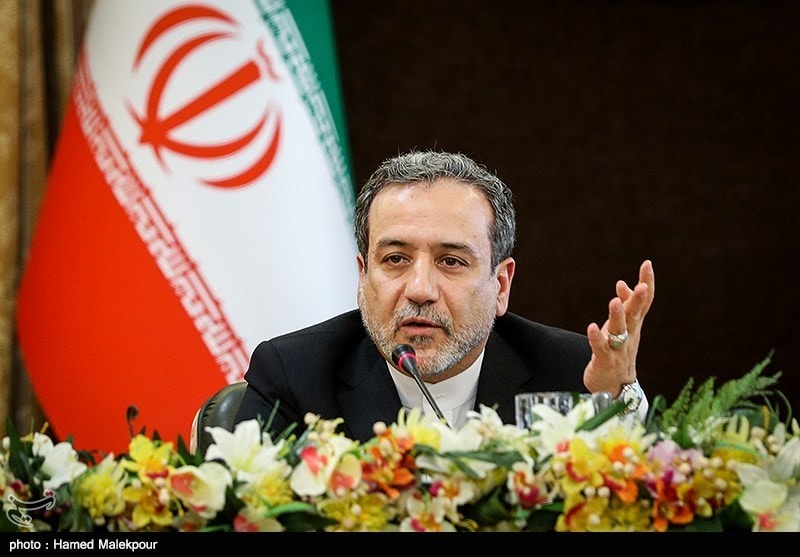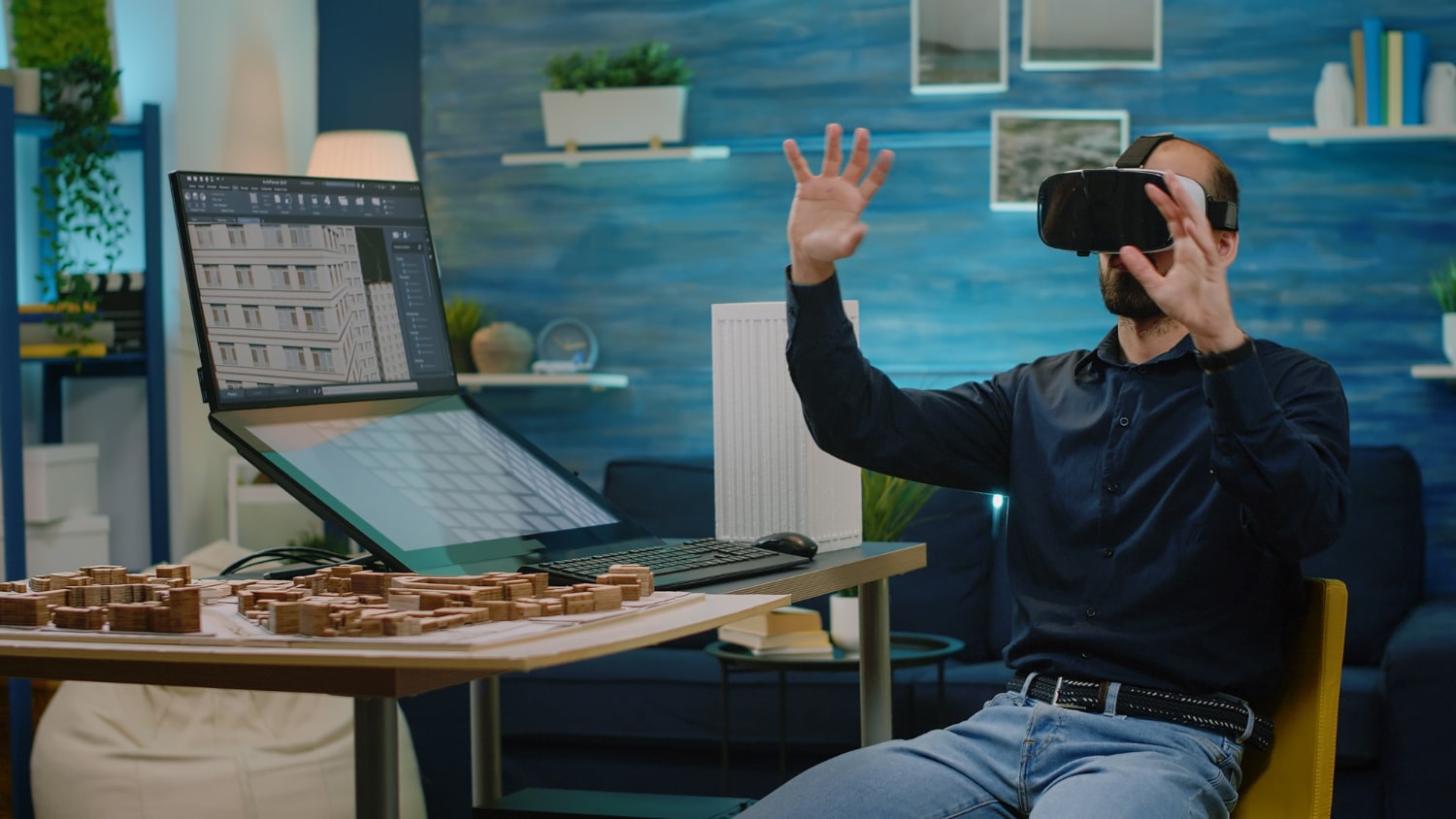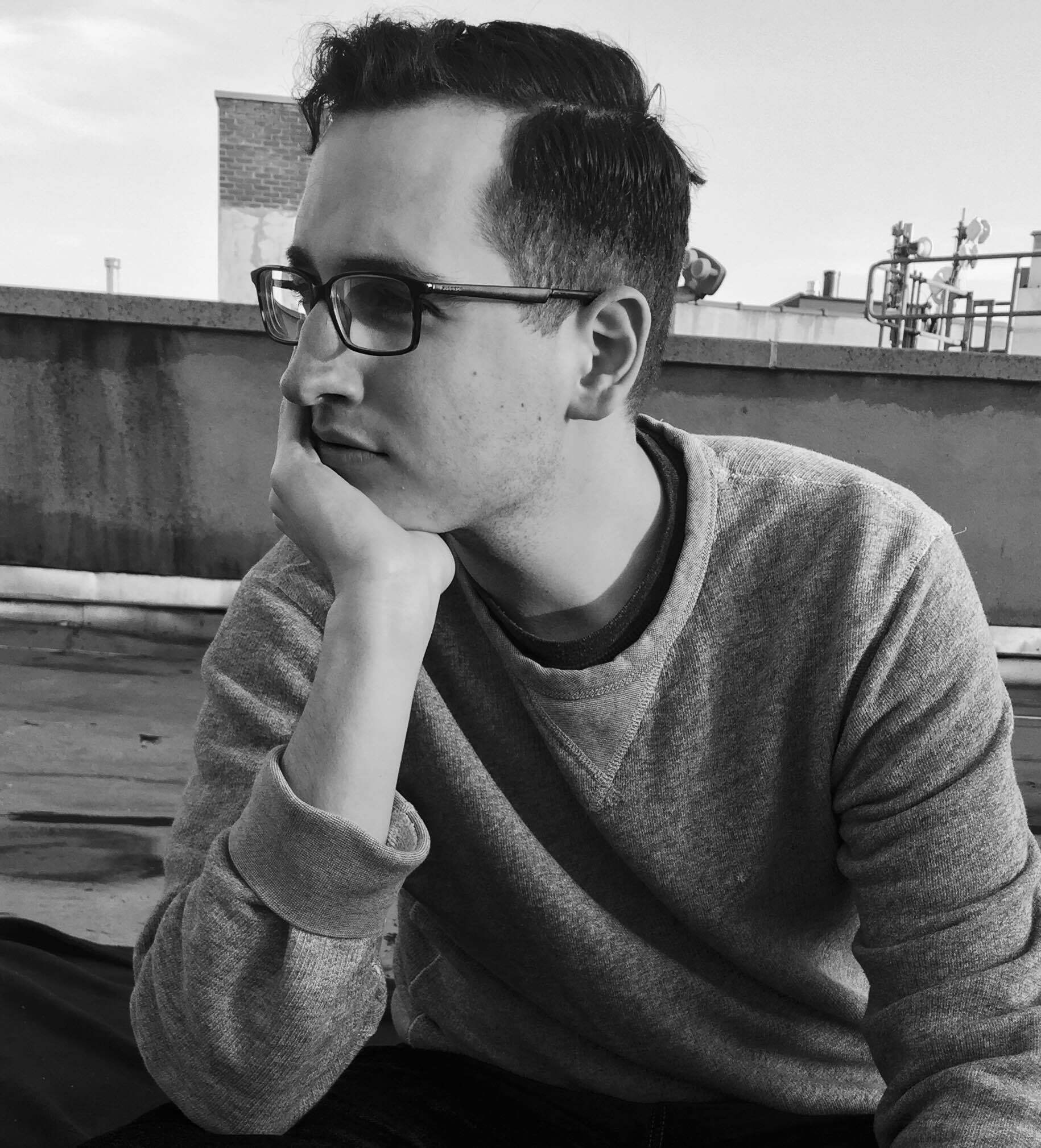Impakter sat down with Guillermo Vanegas, one of the chosen curators for the next National Salon titled Aún (Yet). He gave us a little preview of what to expect as a curatorial narrative.
The National Salon was created in 1940 as an educational policy by the national government to create a link between artists and its viewers. Since its inception, the National Salon has adopted a methodology where it annually renews its curatorial team and proposes a new theme. Now in its 44th edition, the National Salon will be hosted in Pereria, Colombia.
Where does the National Salon stand today?
Guillermo Vanegas: I think it’s interesting to see how the 44th National Salon was conceived, taking into account the legacy that the last National Salon had. The 43rd version of the Salon in Medellín inspired a sort of crisis. Mariangela Mendez, curator for this version, wished to consolidate the Salon as a biennale. It intended to create dialogue between local and international artists. She thought the value of international artists was an absolute necessity, alluding of course to the name of the Salon: (Inter) National. Colombia’s art boom had not reached its peak yet, and she absolutely contributed to this. In turn, this helped elevate not only the National Salon as a brand, but Medellin as a city. Two years later, this is the legacy we now have to work with. We are going to be a much smaller National Salon, in a smaller city, but we are fine with that.
I’ve come to realize that the term National is very curious, because it makes us conceive a national unity, which I’m not entirely sure that we have.
Related article: “REINVENTING STREET ART WITH JAVIER DE RIBA“
Who are ‘we’?
G.V: Rosa Angel, curator of the Museo de Antioquia, is the curator at large. She conceived the curatorial theme for this version, as well as putting the team together. The theme is a discourse around territory—subjective territory, orographic territory, political territory, ideological territory, and migrational territory. With this theme in mind, she then proceeded to create three internal departments as part of her curatorial approach. Victor Albarracín is to curate the editorial component of the Salon. Instead of creating a book to be published as a final product of the Salon, the publication itself will be part of the curatorial content during the Salon. Inti Guerrero was named curator for international curating, which I feel is very valuable as we are finally acknowledging that we have enough intellectual baggage to carry out this duty and don’t feel the need to go and bring someone from the outside. Finally I will be doing the regional curating. I will basically be investigating what is going at a national level in contemporary art practices. Basically, we’ve created a structure functioning where we all operate. We all take our individual decisions and we then review them as a committee.
For a full mindmap containing additional related articles and photos, visit #Colombia
But what exactly are you trying to do from a regional perspective?
G.V: My investigation is examining to see what happened in the regional Salons. It is selecting events that I feel are pertinent in present times. But at the same time it’s a lot of fieldwork that involves searching for artists, artistic spaces, and cultural managers and understand their discourses from a regional perspective. Its been interesting because I don’t know these regions, so its been a little like having art informants and then going to the scene and determining the veracity of it all. I’ve come to realize that the term National is very curious, because it makes us conceive a national unity, which I’m not entirely sure that we have.
What does Aún stand for? What do you wish to do as a National Salon?
G.V: Aún is the possibility of this National Salon still happening, but also questioning that it is still happening. Its ambiguity between feeling good about it still happening, but also feeling a bit sad and depressed that it still is. Aún allows us to create discourse between continuity, shortcomings—keep doing, but also to attack this all. Aún is an option that allows work but also allows to question the work that it done and has been done.
Recommended reading: “THE FUTURE OF COLOMBIAN MUSIC: AN INTERVIEW WITH JULIAN SALAZAR“


